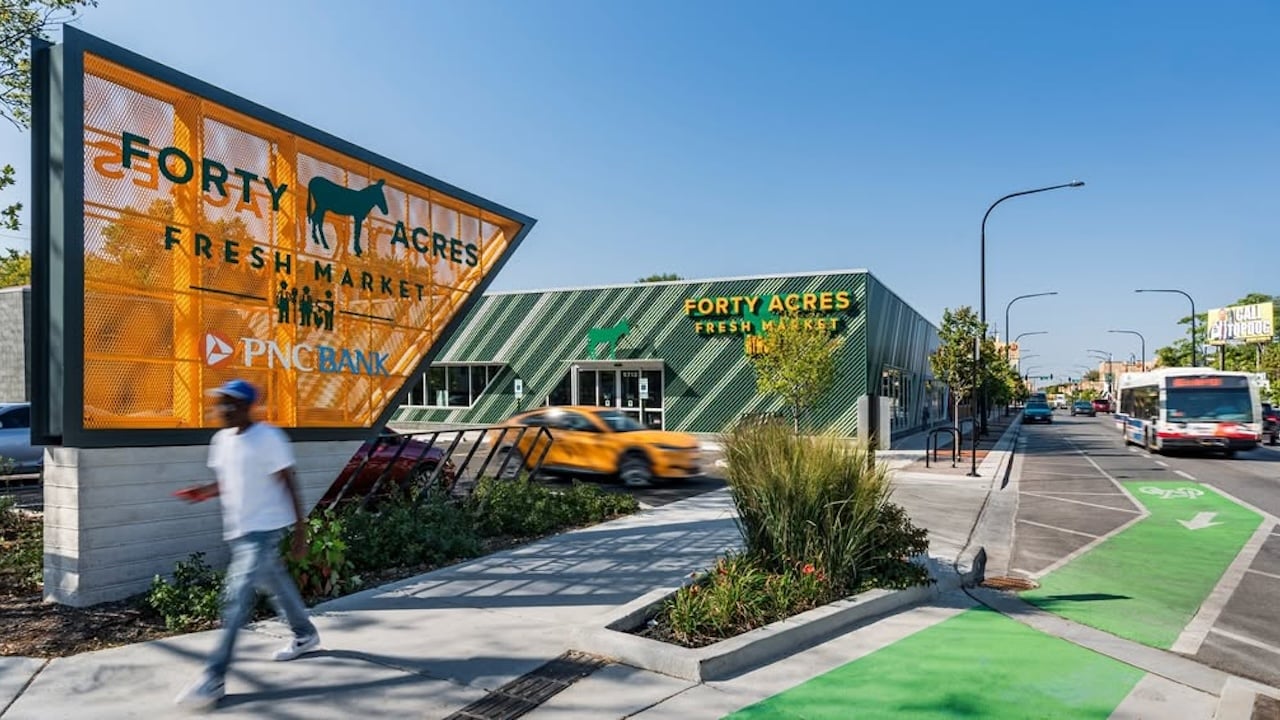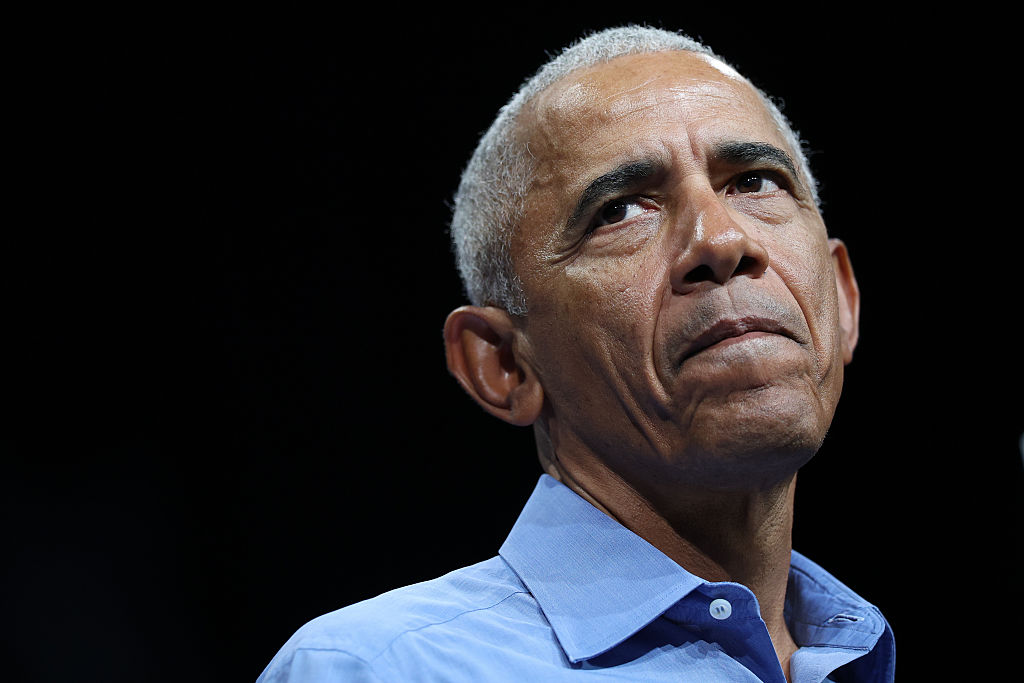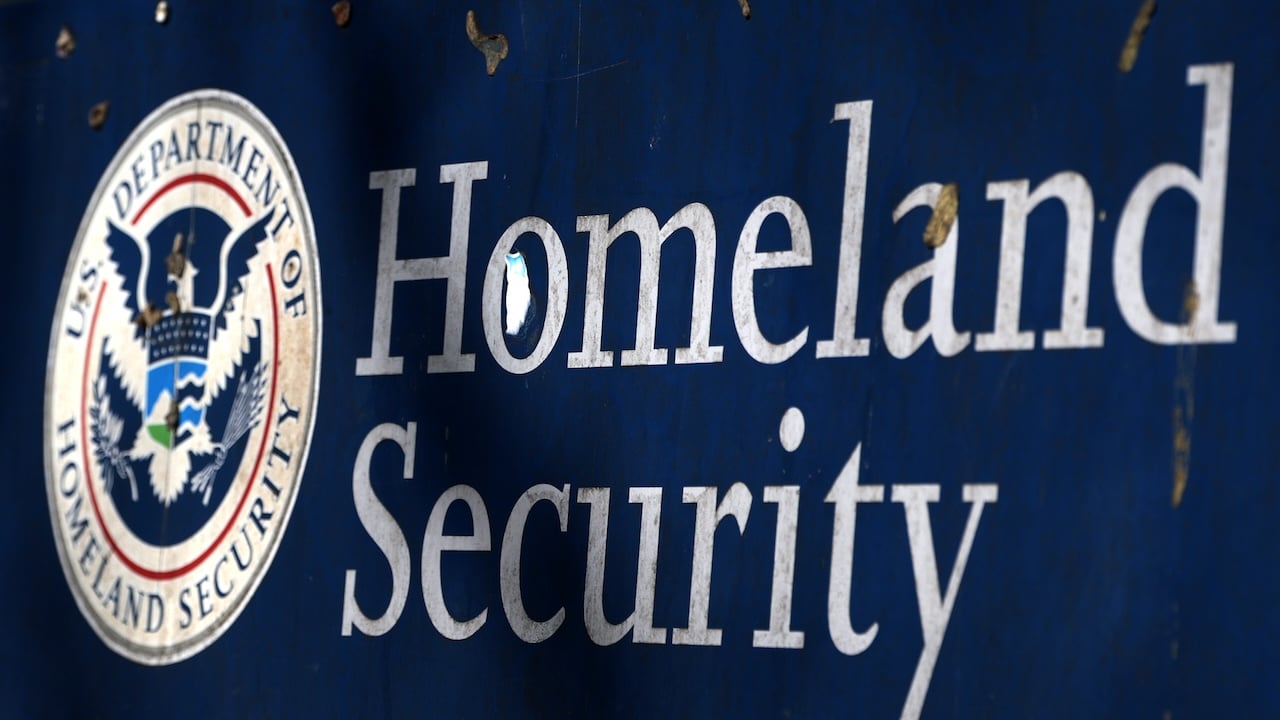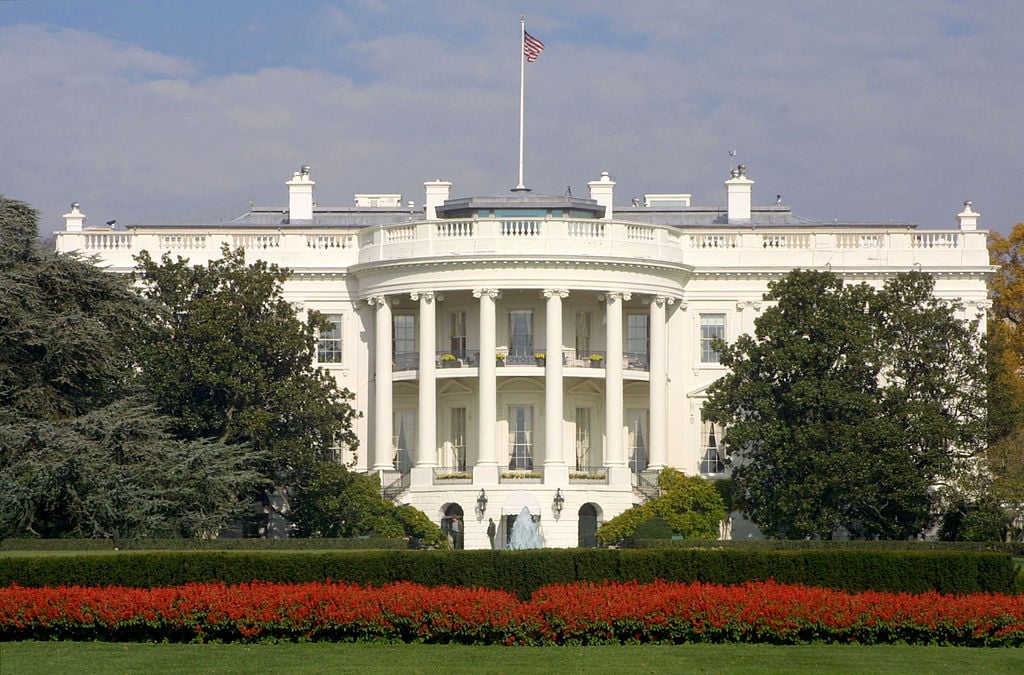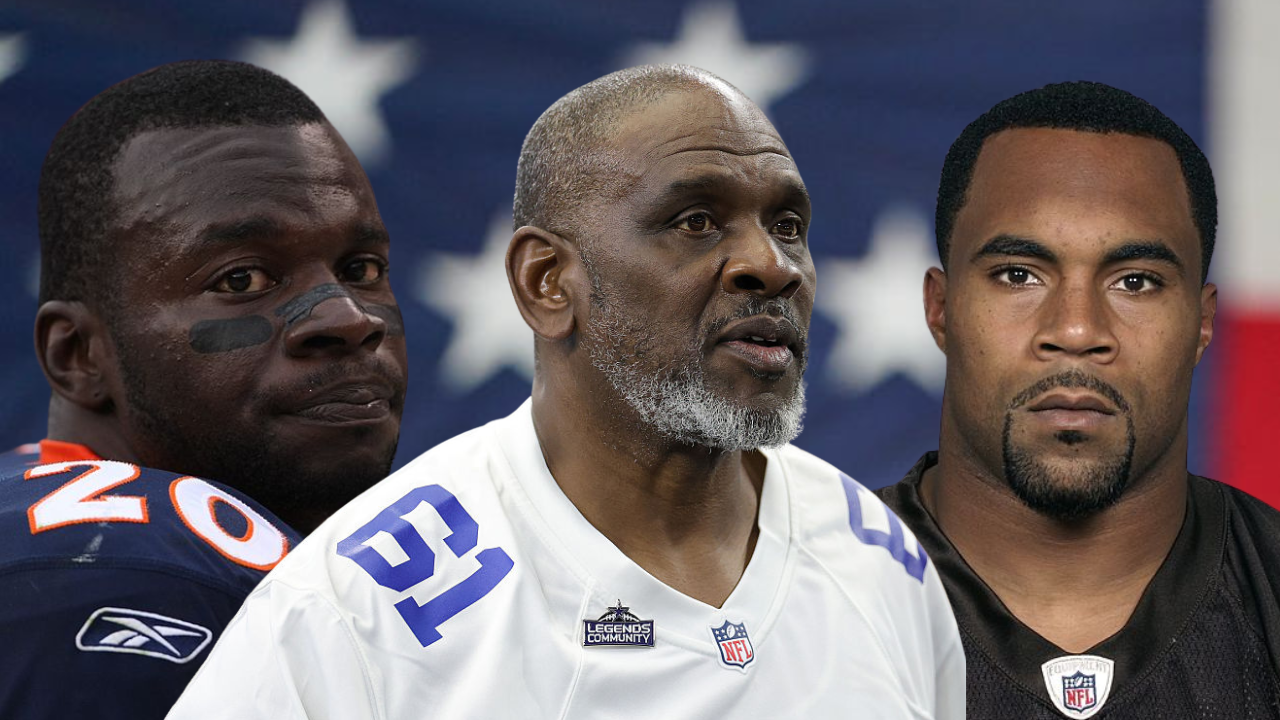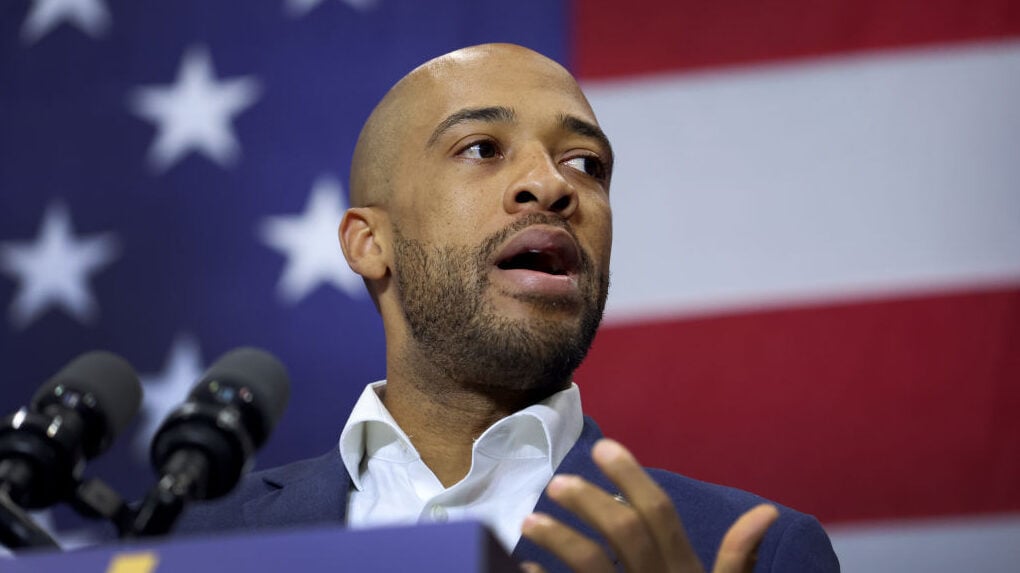The ‘Welfare Queen’ is back — and she’s still a lie


Why we’re talking about the “welfare queen” again amid widespread food stamp panic as SNAP continues to be threatened.
If you watched Netflix’s “GLOW” — a brief series about the Gorgeous Ladies of Wrestling in the 80s — you probably remember the character “Welfare Queen” (Kia Stevens)— a towering, flamboyant, fake-nail-clad, sequined nightmare conjured straight from white America’s imagination.
She was everything the country had been taught to fear: a Black woman living large, flaunting her success, and supposedly milking the system to do it. The joke, of course, is that she wasn’t just a fictional heel in a wrestling ring. She represented a very real, absolutely fake stereotype — one that dominated the 1980s, the exact era when “GLOW” is set, and one that has returned to the national conversation as food stamps were paused this month amid the ongoing government shutdown.
The term “welfare queen” traces back to Reagan-era politics, but its roots stretch deeper into racist folklore. While the term came about during Reagan’s campaign — inspired by a real woman who identified as white — it was quickly weaponized to paint Black women as manipulative, lazy parasites gaming government programs, a caricature built on racism, sexism, and generational fearmongering. And it’s the same stereotype comedian Mike Epps brushed up against during a recent appearance on “The Breakfast Club,” when he said he was “glad” food stamp benefits were being cut off.
“I told people when these food stamps and stuff get cut off, ‘Don’t worry about that,’” he said at the time. “See, Black people, we’ve been getting our shit cut off. We’ve been getting our doors kicked in and stuff. This is not for us.”
He continued: “So don’t take this as personal about the food stamps and all that. I’m actually glad they’re cutting some of these n—as off food stamps because some of us need to not be on food stamps because it’s a trickle-down effect.”
Epps insisted that reliance on benefits doesn’t just hurt wallets — it contributes to unhealthy diets and poor outcomes.
“You get the food stamps, then you go buy the food that gives you cancer, then you eat the food that gives you cancer, then you’re sad, you’re walking around here upset, your diet’s f—d up,” he explained. “Now, I’m gonna tell you some honest to God truth. Your diet done sent a lot of n—as to prison.”
When co-host Charlamagne Tha God joked the rant would land him on Fox News, Epps brushed it off.
“No, they can’t say that about me. See, that’s one thing about me and little Boosie Badazz: we can’t be canceled.” After more teasing, he doubled down: “F— the internet! … and everybody out there that think they wanna be mad and say something: F— you, man.”
But while Epps framed his comments as blunt, tough love — even tossing in used arguments about unhealthy eating habits, despite research on a link between SNAP and poor nutrition choices remaining mixed and nuanced — comments like these land differently in the real world. They reinforce the same old myths that keep resurfacing every time benefits are threatened—that Black people make up most of the program (they don’t), that fraud is rampant (it isn’t), that assistance is a moral failing instead of a lifeline. According to recent data by Pew Research, 61.1% of SNAP recipients are white, 30% are Hispanic, and 28% are Black.
In reality, the modern food stamp program was established in the 1960s to address hunger and stabilize the agricultural economy. It has always served a racially diverse group of low-income families, seniors, and disabled Americans. And for decades, the largest share of recipients has been white, not Black. Yet the “welfare queen” stereotype persists precisely because of how effectively it has been used to racialize poverty and justify cutting safety nets.
That misinformation is now fueling the latest wave of outrage, confusion, and bad-faith arguments about who “deserves” to eat as millions navigate the disruption in benefits during the shutdown. And the political consequences are already showing. Just days after Epps’ interview, President Donald Trump said SNAP recipients would have to prove “they can’t survive without” the assistance.
A decades-old caricature is once again shaping real policy. And as long as the myth lives on, the people who need help the most will pay the price.
What's Your Reaction?
 Like
0
Like
0
 Dislike
0
Dislike
0
 Love
0
Love
0
 Funny
0
Funny
0
 Angry
0
Angry
0
 Sad
0
Sad
0
 Wow
0
Wow
0





